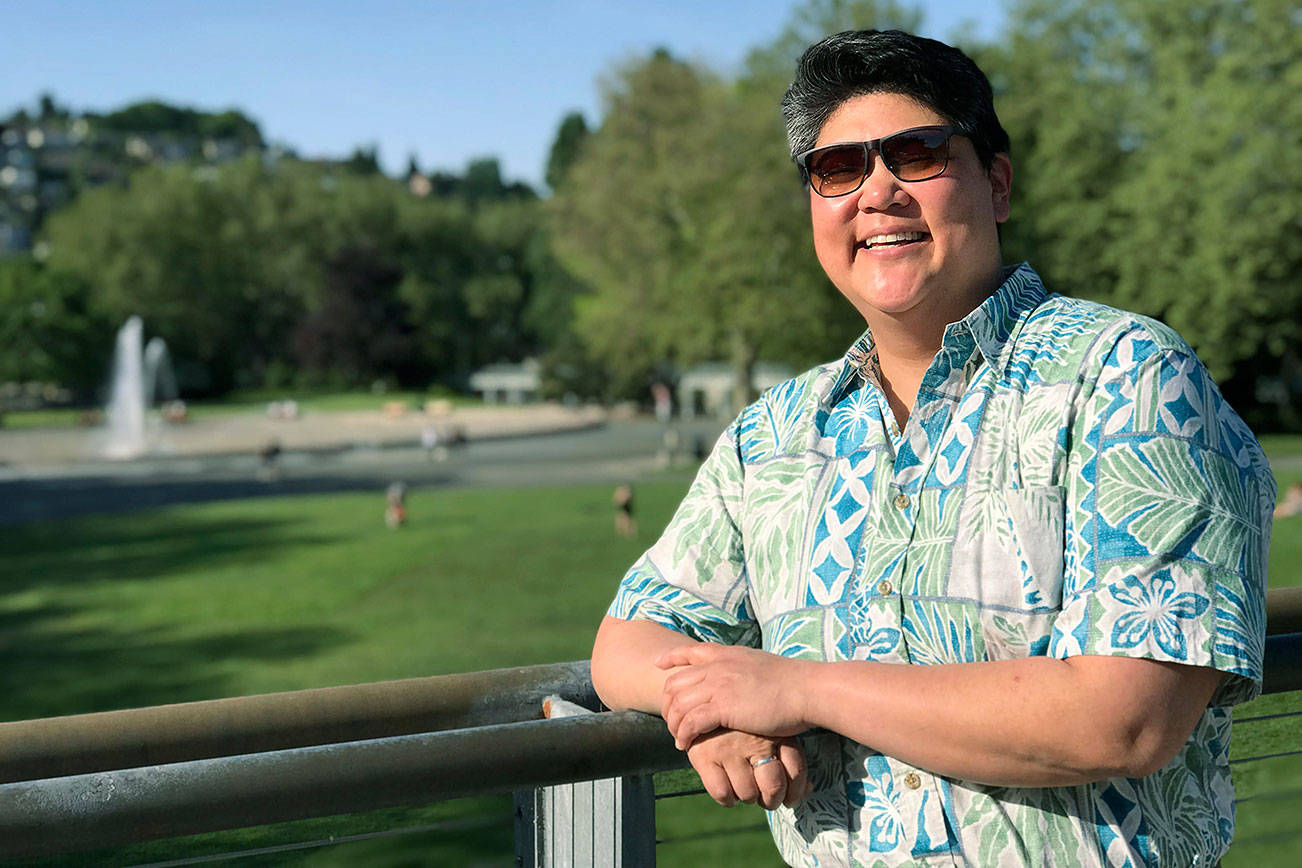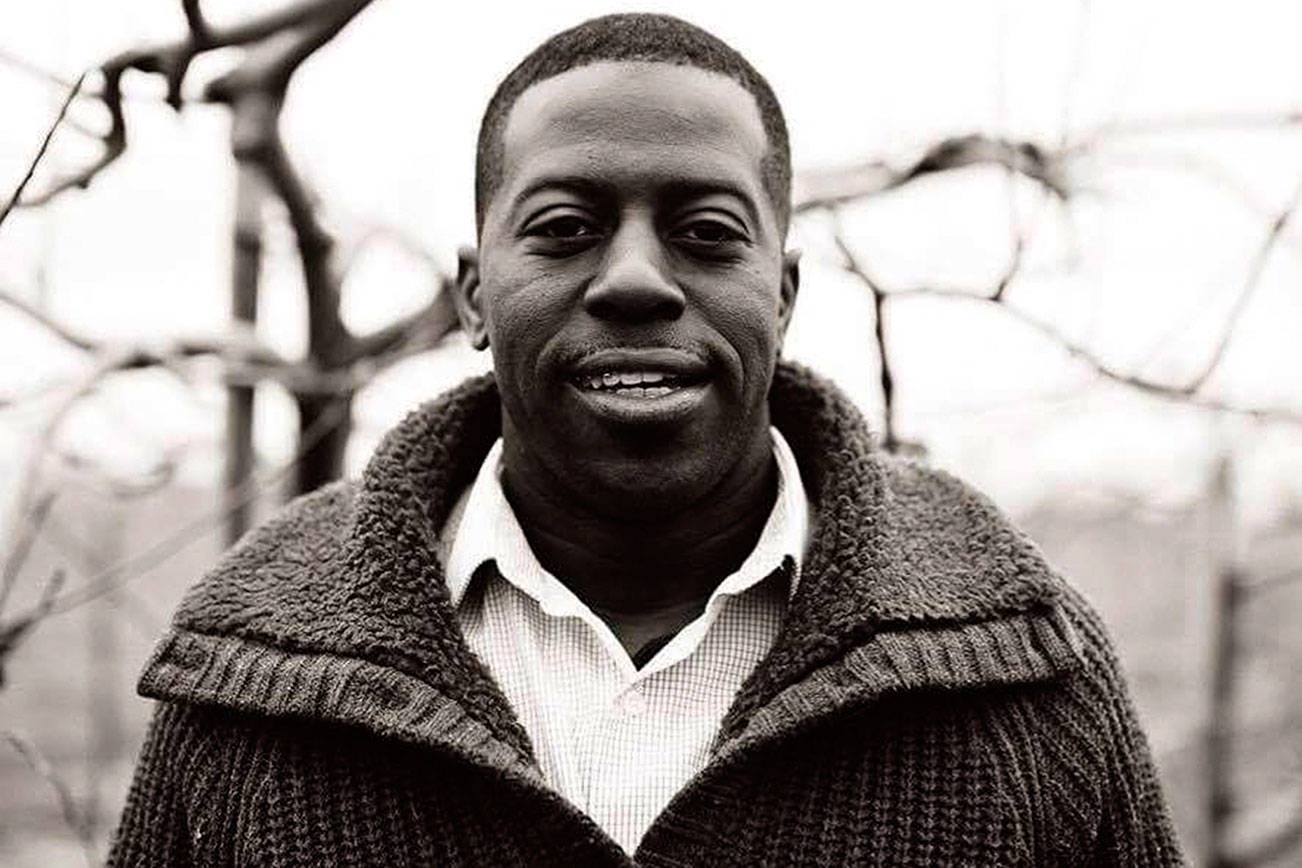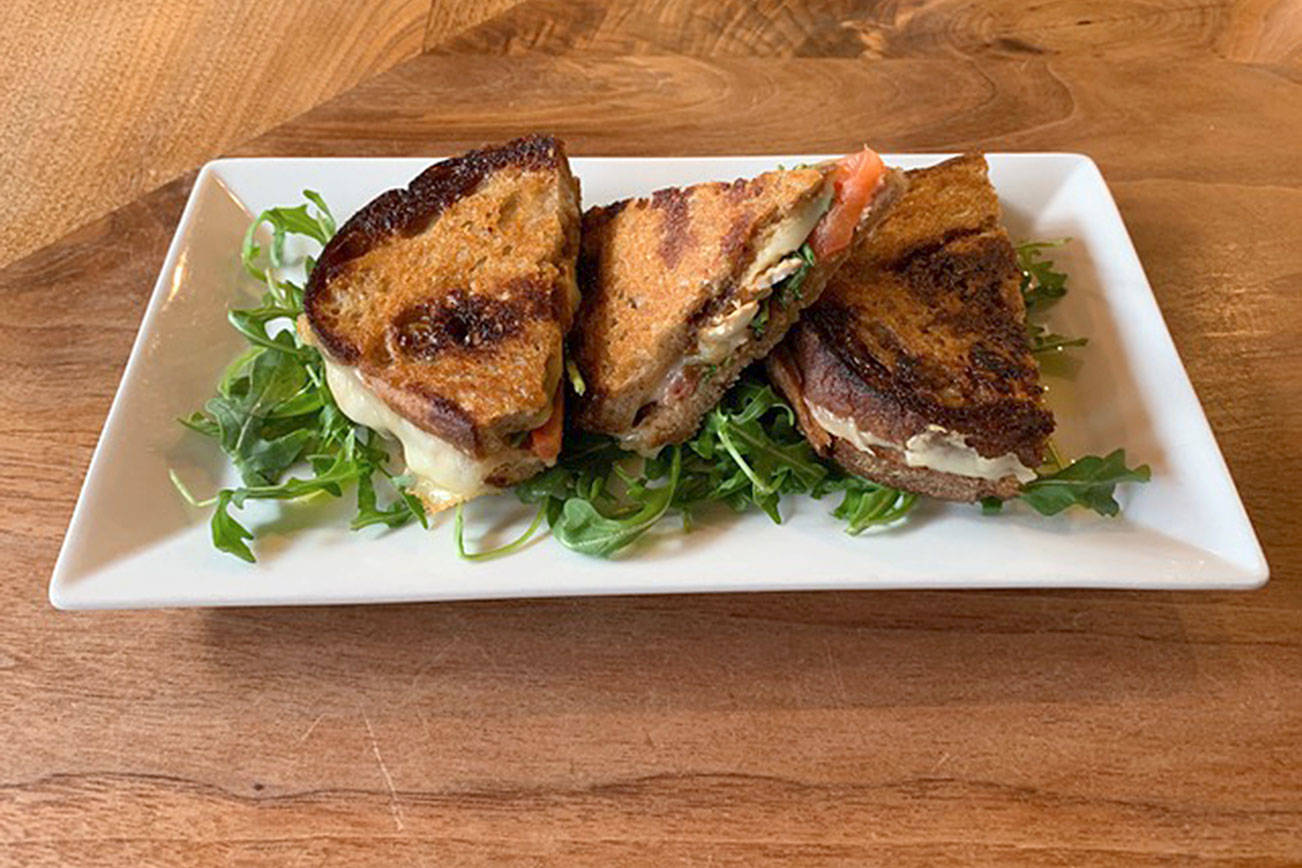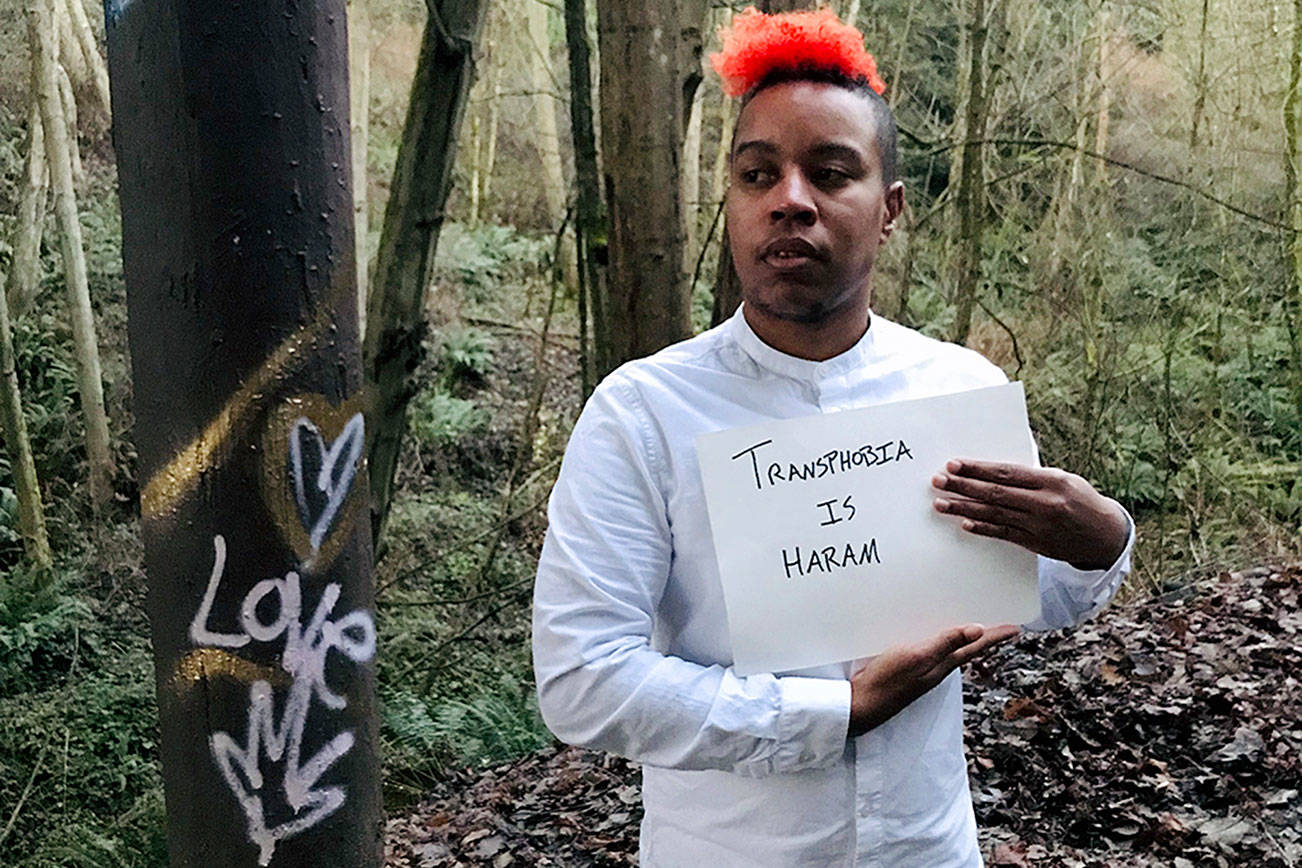Seattle’s Northwest Folklife Festival is all about discovery. The Memorial Day weekend celebration at Seattle Center focuses on diversity of programming and letting attendees enjoy things they’ve never seen, heard, or even thought about before. This year’s 47th edition of Folklife (May 25–28) features local music standouts like Whitney Monge and Tres Leches, dance classes, introductions to art from all around the world, and amazing cuisine options.
Reese Tanimura oversees all these moving parts. In December 2017, Tanimura became the new managing director of Northwest Folklife after working for Rain City Rock Camp for Girls. Her work in the Seattle arts community has focused on equity and inclusion—two of Folklife’s core values. “Using arts and culture as a way to communicate helps build relationships,” Tanimura says. “At Folklife, we want to hold spaces that are open and accessible to everyone.”
In anticipation of the fest, we checked in with the festival’s new managing director to discuss her new post and how Folklife can keep evolving.
Why did you want to work with Folklife?
I think Folklife is amazing. Communities co-curate so they can showcase themselves. The programs promote a platform for diverse voices [and] provide greater access to broad audiences and resources. For me, fostering new opportunities to bridge the connections that I’ve built over the years has been great. I’ve been in youth development for a while, so I hope to bolster our presence there.
You have a history in Seattle as a music curator, advocate, and teacher. What do you look for in a song when considering its ability to connect with people?
It’s hard to put my finger on, but I think authenticity of voice is important. Sometimes I read an artist’s bio and see how that’s reflected in their work. I always think it’s awesome when artists can reach back and bring out their roots.
What are you excited about this year at Folklife?
I am excited for our new youth residency program, Próxima Generación. They’ve developed a performance that goes back to indigenous Aztec roots. I also love to visit the stages showcasing things I don’t see a whole lot of during the year—like Balkan dance and different vocal choirs. I am also really looking forward to the Brazilian showcase.
What’s new to the festival this year?
Our Cultural Focus: Echoes of Aztlán and Beyond, exploring and celebrating Mexican American and Chicana/o heritage in the Pacific Northwest. This year, there are four full days of programming by the Circle of Indigenous Peoples. The Hawaiian and Mexican heritage showcases will be gorgeously showcased in McCaw Hall. And there are some great new bands like Tiffany Wilson and Tres Leches.
How can Folklife improve?
I think we can always continue to look for new opportunities. One of the things that’s interesting to me is the idea of performance collaborations. Like when Playing for Change did a global, mobile recording of “Higher Ground” by Stevie Wonder. I think we could do something like that at Folklife—live!
Seattle Weekly reported last year on the festival’s push to increase revenue at the gate. Has that improved?
Yes, people really responded last year and our numbers increased. Of course, we want to keep the festival accessible to all, no matter their economic status. But I would love to see closer to 100 percent [of attendees] contribute, even if people can only contribute 25¢. We want everyone to make their best donation possible.
What is Folklife’s value to Seattle?
Folklife is important to Seattle because it is truly for the people, by the people. Every aspect of the annual festival includes and is powered by community. We have everything from indie rock to ancient art forms. It is one of the largest and most diverse gatherings in the nation. It continues to be accessible to all. And to preserve that is beyond important. It defines Seattle as a city of music, art, and culture. And a city that cares about community.
Northwest Folklife Festival
May 25–28 | Seattle Center | $10 (suggested donation)








